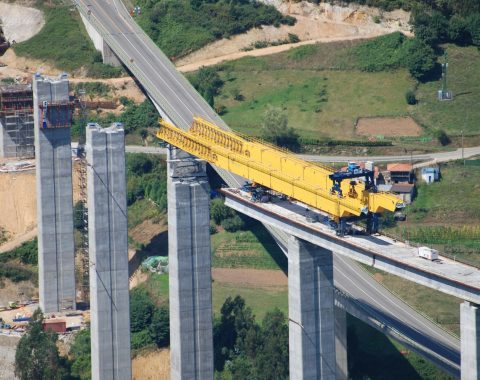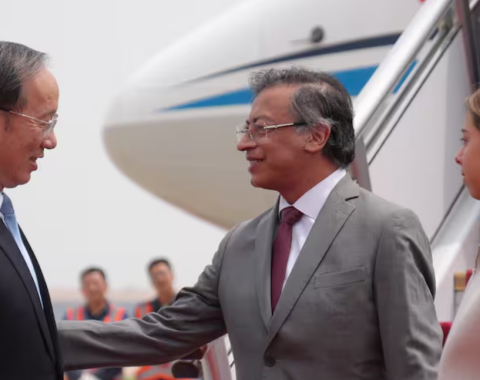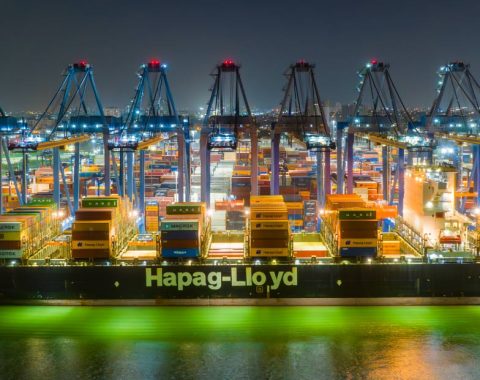Colombia, after dialogues with several major global economies, now turns its gaze eastward to China. With Gustavo Petro at the helm, the nation is carving a niche for itself on the international stage, representing the ambitions and aspirations of the Global South. The ultimate aim? To chart a course brimming with sustainable progress and innovation.
During a security council meeting in Kennedy, Petro announced his forthcoming discussions with China’s President Xi Jinping slated for October 25th. Central to their talks will be the transformation of Colombia’s transportation infrastructure, with a specific focus on rail and electric power. The backdrop to this is the 2019 collaboration where prominent Chinese corporations, China Harbor Engineering Company Limited (CHEC) and Xi’an Metro Company Limited, were selected for the development of Bogotá’s first metro line. This project is of paramount significance as Bogotá grapples with congestion, having been ranked the fifth most traffic-choked city globally in 2022.
China’s investment footprints in Colombia are growing. Between 2021 and 2022, Chinese investments in the country witnessed a threefold increase. Notably, the Bogotá metro line, entrusted to a consortium of CHEC and Xi’an Rail Transit Group, stands as a testament to this burgeoning partnership. While the U.S has voiced concerns over Beijing’s increasing influence in Bogotá, President Petro continues to foster a warm relationship, even appointing filmmaker Sergio Cabrera, known for his deep ties to China, as an ambassador.
Beyond Colombia, China’s influence in Latin America is undeniable. A whopping 21 countries from the region have aligned themselves with China’s Belt and Road Initiative (BRI) since its inception in 2013. Though Colombia hasn’t officially signed the BRI, its pivotal infrastructure projects in recent times have been awarded to Chinese entities, reflecting China’s growing significance.
Historically, the relationship between Bogotá and Beijing has seen an upward trajectory. Former President Juan Manuel Santos (2010-2018) undertook comprehensive diplomatic measures in Asia and the Pacific. Initiatives like starting a Free Trade Agreement with South Korea and negotiating deals with China in 2015 were testimony to this.
In summation, as Colombia sits at the intersection of global geopolitics, its evolving partnership with China might be a strategic leap towards diversification and sustainable growth. The world will keenly watch how this alliance shapes the geopolitics of the region in the coming years.





